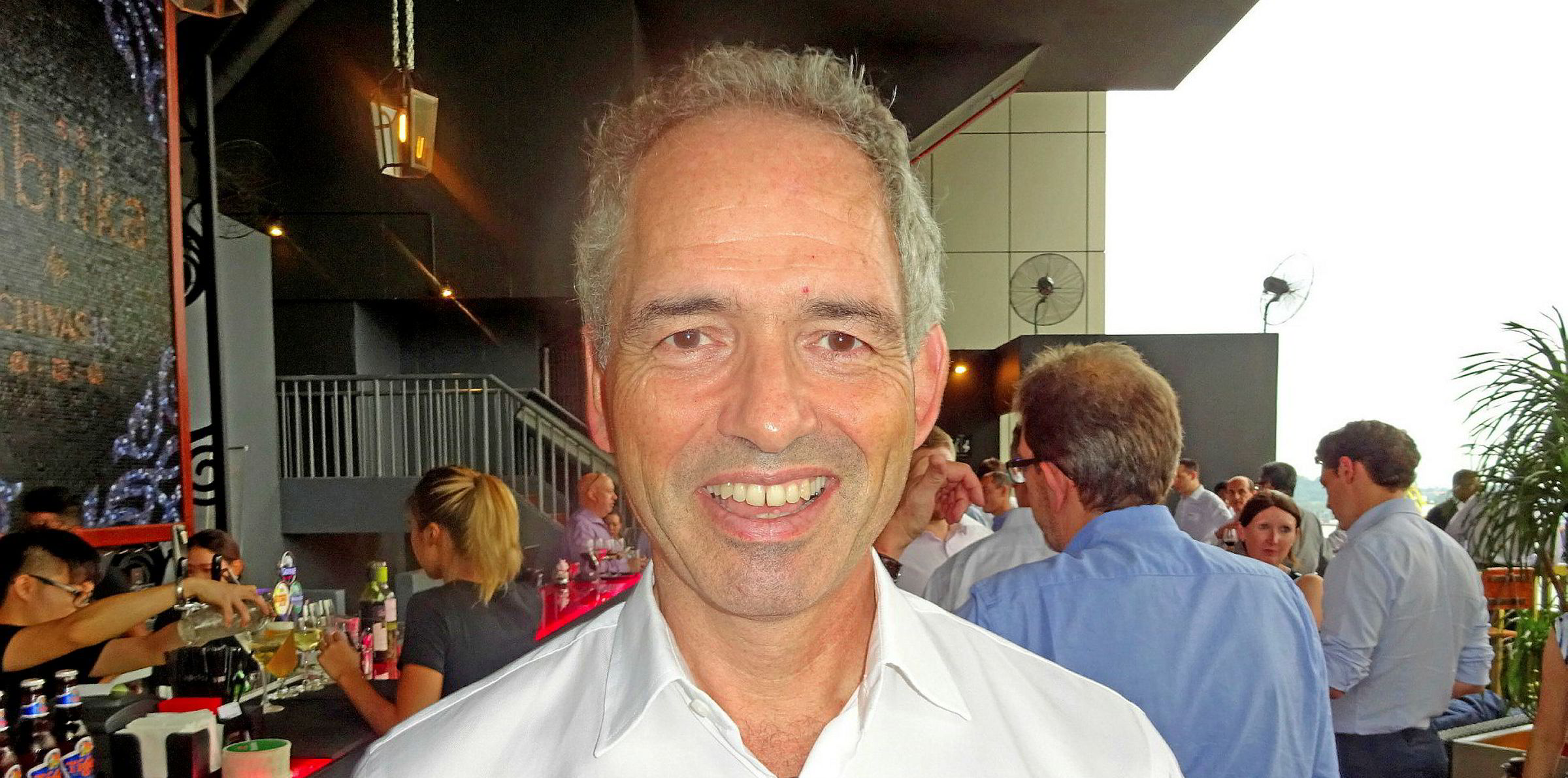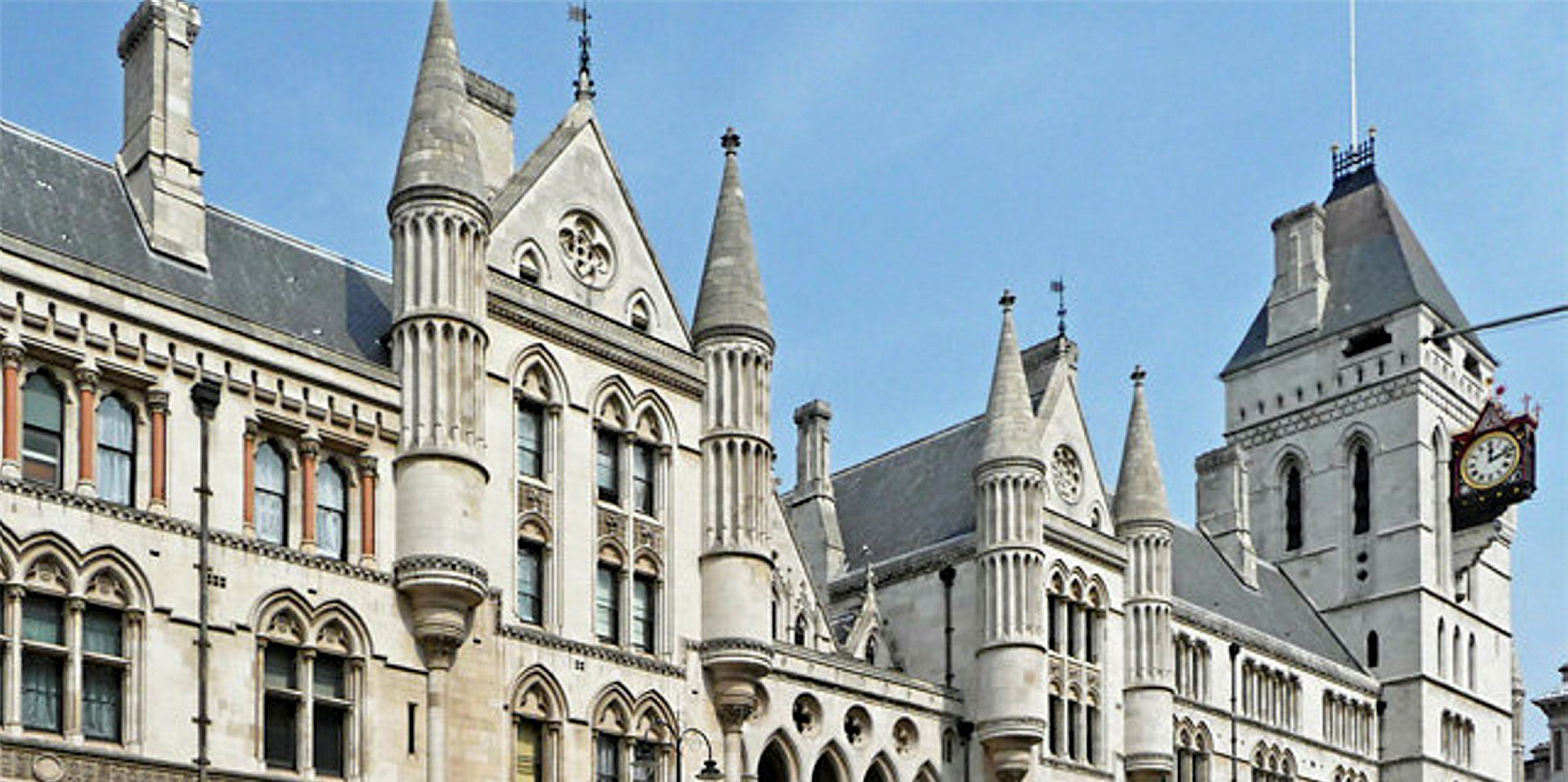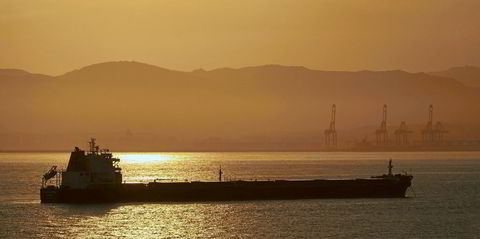Chinese state owner Cosco has fought off an attempt by a charterer to throw out a London tribunal award arising from the bankruptcy of Britannia Bulk in 2008.
Cosco Bulk Carrier was the subject of an appeal in the UK high court over a deal for a bulker named as Grand Fortune in 2007.
The tribunal had ruled that it had jurisdiction to decide on whether Cosco was owed money by the ship's sub-charterer Americas Bulk Transport (ABT), a company unconnected to Britannia Bulk.
The question of the tribunal's jurisdiction in the case hinged on whether the vessel was time chartered by Cosco to Britannia Bulk or its subsidiary Britannia Bulkers A/S.
The case is likely to create a precedent over whether post-contractual agreements can affect an original charter.
Britannia Bulk was the larger of the two, handling about 75% of its fleet, with Bulkers having control of the rest.
The parent was placed into administration in October 2008, with Bulkers going into insolvent liquidation in November of that year.
A dispute arose between Bulkers and Cosco concerning charter fees owed to the Chinese company.
As part of a settlement agreement with Bulkers' liquidators, Cosco took an assignment of Bulkers' rights, which it then utilised by claiming allegedly unpaid hire from ABT.
Bulk or Bulkers?
ABT's case was that its counterparty was Bulk not Bulkers.
This was important because Cosco's claims against ABT are brought as assignee of the rights of Bulkers.
If Bulk was the charterparty, then the tribunal had no jurisdiction because Cosco could not then rely on the arbitration agreement contained in the charter.
The sub-charter was negotiated by ABT's exclusive broker Philip Lambert, who has since died, and Bulk freight trader Andrew Lees.
The court reached the same conclusion as the arbitrators: that the entity which chartered the vessel to the claimants was Britannia Bulkers A/S, despite a pro-forma charterparty naming Britannia Bulk as charterer being drawn up some months later.
Judge decides on Bulkers
Judge Mark Pelling QC said the only admissible evidence relevant to the question was "evidence of what Mr Lambert and Mr Lees said to each other and what they did."
"It is plain that the intended disponent owner under the charterparty (CP) was Bulkers because it was the only entity entitled to trade the vessel under the head charter," he ruled.
"If and to the extent that evidence of conduct occurring after the event is relevant, I consider that the terms of the letters of indemnity and the instructions to pay Bulkers is much more significant than the terms of the draft CP, which I conclude erroneously identified the wrong Britannia entity as the disponent owner."
Penningtons Manches Cooper (PMC) partner Mark Sachs, representing Cosco, said: “The judge clearly delineated the applicable legal principles as to when it is appropriate to consider extrinsic evidence to determine the parties to a contract.
"He rejected arguments that post-contractual conduct was admissible to determine the parties to an agreement and the case is likely to be cited in subsequent cases where this issue arises.”






